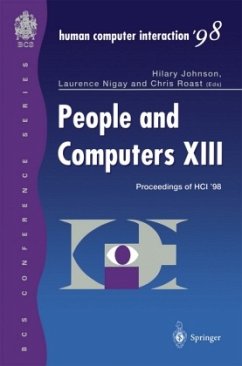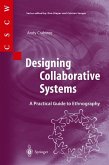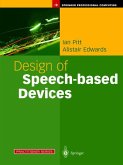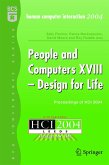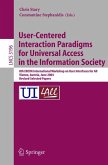The N-body problem is the classical prototype of a Hamiltonian system with a large symmetry group and many first integrals. These lecture notes are an introduction to the theory of periodic solutions of such Hamiltonian systems. From a generic point of view the N-body problem is highly degenerate. It is invariant under the symmetry group of Euclidean motions and admits linear momentum, angular momentum and energy as integrals. Therefore, the integrals and symmetries must be confronted head on, which leads to the definition of the reduced space where all the known integrals and symmetries have been eliminated. It is on the reduced space that one can hope for a nonsingular Jacobian without imposing extra symmetries. These lecture notes are intended for graduate students and researchers in mathematics or celestial mechanics with some knowledge of the theory of ODE or dynamical system theory. The first six chapters develops the theory of Hamiltonian systems, symplectic transformations and coordinates, periodic solutions and their multipliers, symplectic scaling, the reduced space etc. The remaining six chapters contain theorems which establish the existence of periodic solutions of the N-body problem on the reduced space.
The need for ensuring that usability measurement results can contribute to the ongoing development of a software product in a formative way is the main theme of this paper. It is recognized that acquiring, structuring, and analysing data about the actual progression of a product's development is a challenging task. Even more difficult, is the problem of making the results of any analysis of that data readily accessible to all the participants at regular intervals in the process. The paper presents an approach to supporting that process exemplified in SEDRES (Systems Engineering Data Representation and Exchange Standardization), a European Aerospace collaborative project on developing a data exchange capability for design tools. The main subject is the role of a software tool called NUD*IST (Non-numerical Unstructured Data Indexing Searching and Theorizing) (QSR, 1997), in providing support for structuring and analysing longitudinal data and for regular feedback to the project partners about the product under development. The paper begins with an overview of the context of use, a systems engineering project involving five major companies in the European Aerospace industry. SEDRES is a three year project which started in January 1996, co-funded by an ESPRIT grant from the European Commission. The project partners comprise Aerospatiale, Alenia, British Aerospace, Daimler-Benz Aerospace, Saab and Linkoping University (Sweden), the Australian Centre for Test & Evaluation (ACTE), and Loughborough University Telecommunications and Computer-Human Interaction (LUTCHI) Research Centre.
Hinweis: Dieser Artikel kann nur an eine deutsche Lieferadresse ausgeliefert werden.
The need for ensuring that usability measurement results can contribute to the ongoing development of a software product in a formative way is the main theme of this paper. It is recognized that acquiring, structuring, and analysing data about the actual progression of a product's development is a challenging task. Even more difficult, is the problem of making the results of any analysis of that data readily accessible to all the participants at regular intervals in the process. The paper presents an approach to supporting that process exemplified in SEDRES (Systems Engineering Data Representation and Exchange Standardization), a European Aerospace collaborative project on developing a data exchange capability for design tools. The main subject is the role of a software tool called NUD*IST (Non-numerical Unstructured Data Indexing Searching and Theorizing) (QSR, 1997), in providing support for structuring and analysing longitudinal data and for regular feedback to the project partners about the product under development. The paper begins with an overview of the context of use, a systems engineering project involving five major companies in the European Aerospace industry. SEDRES is a three year project which started in January 1996, co-funded by an ESPRIT grant from the European Commission. The project partners comprise Aerospatiale, Alenia, British Aerospace, Daimler-Benz Aerospace, Saab and Linkoping University (Sweden), the Australian Centre for Test & Evaluation (ACTE), and Loughborough University Telecommunications and Computer-Human Interaction (LUTCHI) Research Centre.
Hinweis: Dieser Artikel kann nur an eine deutsche Lieferadresse ausgeliefert werden.

